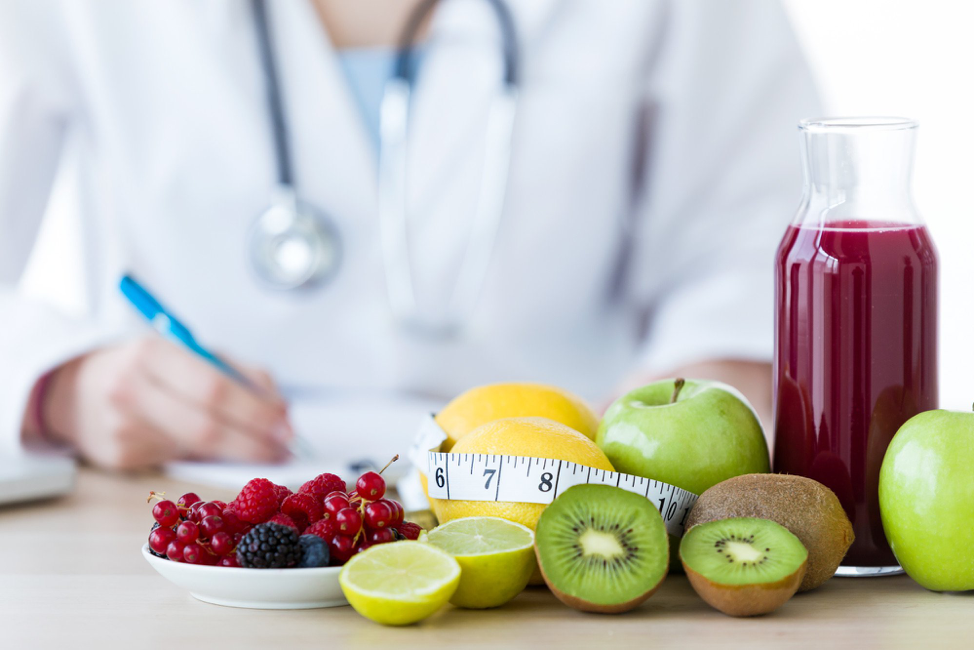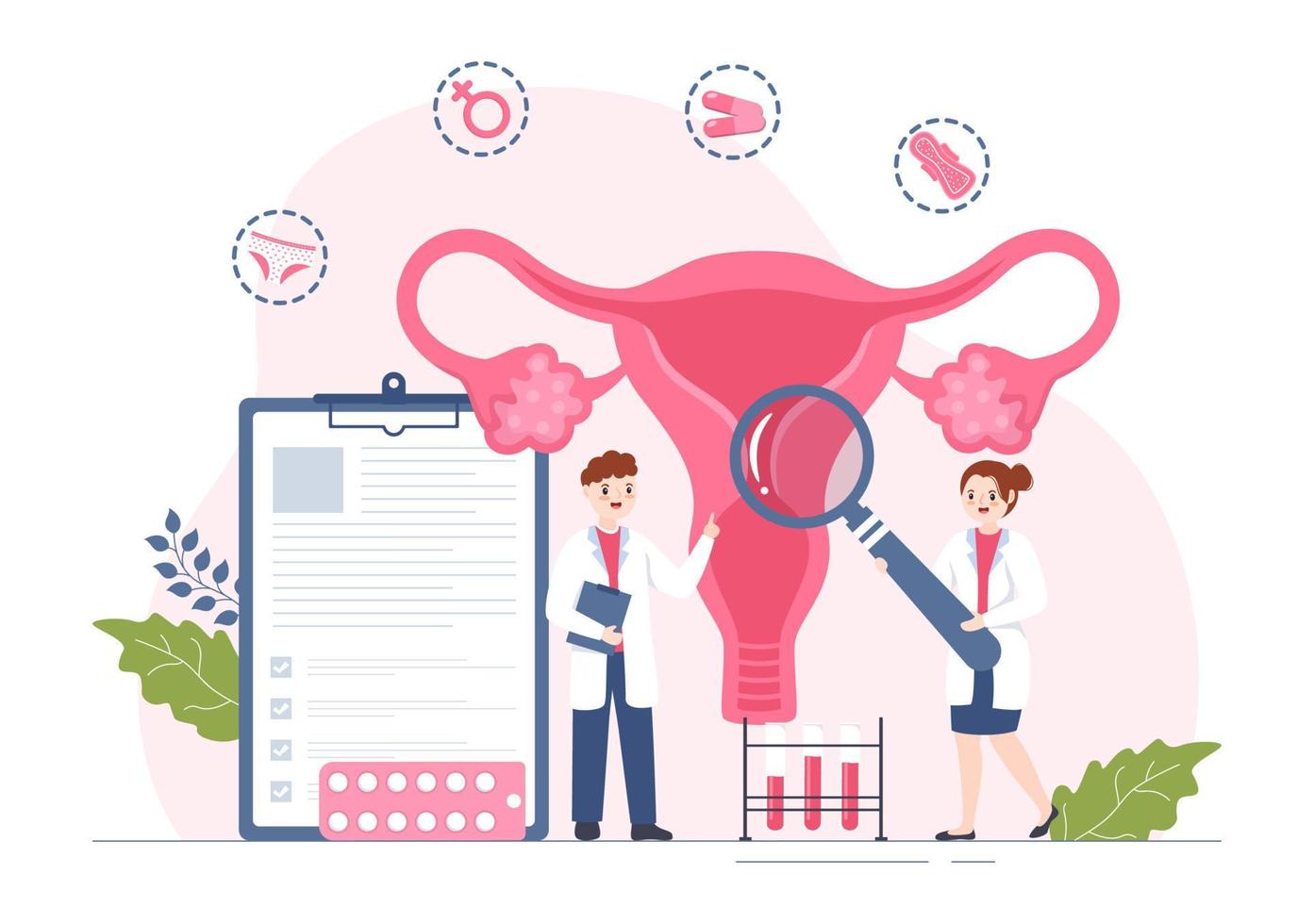
Dr. Ashwini
15-04-2025
Women’s Wellness Secrets: Protect Your Hormones & Heart Today
Women's health is a complex journey influenced by particular social, emotional, and biological factors. From navigating hormonal shifts to safeguarding heart health, prioritizing wellness means understanding your body’s needs at every stage of life. Whether you’re in your 20s building healthy habits, managing perimenopause in your 40s, or thriving post-menopause, this comprehensive guide covers key aspects of women’s wellness hormones, heart health, mental well-being, nutrition, and more. Let’s empower you with practical tips to feel your best, inside and out.
Understanding Hormones: The Body’s Messengers
Hormones are chemical messengers that regulate everything from your menstrual cycle to mood, metabolism, and energy. For women, hormonal fluctuations are a constant through puberty, pregnancy, perimenopause, and beyond. Imbalances can lead to issues like irregular periods, acne, fatigue, or mood swings, but you can support hormonal health with the right strategies.
Key Hormonal Phases:
- Menstruation and Fertility (20s-30s): Estrogen and progesterone drive your cycle, affecting fertility, skin, and energy. Conditions like PCOS or endometriosis may emerge, requiring attention.
- Perimenopause (40s): Estrogen levels start to fluctuate, bringing symptoms like hot flashes, irregular periods, or sleep issues.
- Menopause (50s+): Estrogen declines significantly, impacting bone density, heart health, and vaginal health.
How to Support Hormonal Balance:
- Eat for Hormones: Include healthy fats (avocado, nuts, olive oil) for hormone production, and fiber-rich foods (leafy greens, whole grains) to support estrogen detox. Limit processed sugars, which can spike insulin and disrupt balance.
- Manage Stress: Chronic stress raises cortisol, throwing other hormones off-kilter. Try mindfulness, yoga, or journaling for 10 minutes daily to reset.
- Sleep Well: Aim for 7-9 hours of quality sleep to regulate melatonin and growth hormones. A cool, dark room and consistent bedtime help.
- Check-In Regularly: Track symptoms like heavy periods or mood changes and discuss them with your doctor. Blood tests can spot thyroid issues or low progesterone.
- Pro Tip: Foods like flaxseeds or soy (in moderation) contain phytoestrogens that may ease menopausal symptoms consult a nutritionist for personalized advice.
When to Seek Help:
Persistent symptoms like severe PMS, irregular cycles, or hot flashes that disrupt life warrant a visit to a gynecologist or endocrinologist. Conditions like PCOS, thyroid disorders, or early menopause need tailored care.

Heart Health: Your Lifeline
Heart disease is the leading cause of death for women globally, yet it’s often underdiagnosed due to subtler symptoms compared to men. Women face unique risks, especially post-menopause when estrogen’s protective effects wane. Building heart-healthy habits now can prevent issues later.
Why It Matters:
- Risk Factors: High blood pressure, cholesterol, diabetes, smoking, and family history increase your risk. Stress and autoimmune conditions (more common in women) also play a role.
- Symptoms in Women: Beyond chest pain, women may experience fatigue, shortness of breath, nausea, or jaw pain during a heart event know the signs.
How to Protect Your Heart:
- Move Your Body: Aim for 150 minutes of moderate exercise weekly brisk walking, cycling, or dancing count. Strength training increases heart resilience twice a week.
- Eat Heart-Smart: A Mediterranean-style diet rich in fruits, vegetables, whole grains, nuts, and fish should be your main focus. Limit trans fats (found in fried foods) and red meat.
- Monitor Numbers: Check blood pressure, cholesterol, and blood sugar regularly. LDL cholesterol below 100 mg/dL and blood pressure below 120/80 mmHg are ideal goals.
- Quit Smoking: Smoking increases the risk of a heart attack by damaging blood vessels. Seek support through counseling or nicotine replacement if needed.
- Pro Tip: Add omega-3-rich foods like salmon or chia seeds to reduce inflammation and support heart function.
When to Seek Help:
See a cardiologist if you experience shortness of breath, palpitations, or unusual fatigue. Women with risk factors should start heart screenings in their 40s or earlier if there’s family history.
Mental Wellness: Nurturing Your Mind
Mental health is just as vital as physical health, yet women often juggle multiple roles career, family, caregiving that can strain emotional reserves. Hormonal shifts, like those during PMS, pregnancy, or menopause, can also amplify anxiety or depression.
Common Challenges:
- Anxiety and Stress: Women are more likely to report anxiety, often tied to societal pressures or life transitions.
- Postpartum Depression: Affects up to 1 in 7 women after childbirth, with symptoms like sadness or detachment.
- Menopausal Mood Swings: Estrogen changes can cause irritability or low mood.
How to Boost Mental Wellness:
- Establish Boundaries: Develop the ability to decline non-essential tasks. Carve out 15 minutes daily for “you time” reading, meditating, or a quiet walk.
- Connect with Others: Call a friend, join a support group, or rely on your family. Social bonds reduce stress hormones like cortisol.
- Practice Self-Compassion: Replace self-criticism with kind thoughts. Journaling prompts like “What am I proud of today?” can shift your mindset.
- Stay Active: Exercise releases endorphins, lifting mood. Even a 10-minute yoga flow can help.
- Pro Tip: Try a gratitude practice write down three things you’re thankful for daily to foster positivity.
When to Seek Help:
If you feel overwhelmed, persistently sad, or lose interest in activities for two weeks or more, reach out to a therapist or counselor. Postpartum or menopausal symptoms may benefit from specialized support.

Nutrition: Fueling Your Body Right
Good nutrition lays the foundation for energy, hormone balance, and disease prevention. Women have unique needs like higher iron during reproductive years or calcium post-menopause that evolve with age.
Key Nutrients for Women:
- Iron: Supports energy and oxygen transport. Found in spinach, red meat, and lentils. Pair with vitamin C (oranges) for better absorption.
- Calcium and Vitamin D: Crucial for bone health, especially after 50. Get them from dairy, fortified plant milk, or supplements if needed.
- Folate: Vital for pregnancy and cell repair. Leafy greens, beans, and fortified grains are great sources.
- Omega-3s: Reduce inflammation and support brain health. Think fatty fish, walnuts, or flaxseeds.
How to Eat Well:
- Balance Your Plate: Aim for half veggies, a quarter protein (chicken, tofu, eggs), and a quarter whole grains (quinoa, brown rice) at meals.
- Limit Processed Foods: Cut back on sugary snacks and sodas, which can spike blood sugar and inflammation.
- Hydrate: Drink 8-10 cups of water daily more if active or in hot weather. Herbal teas count, too.
- Plan Ahead: Batch-cook healthy meals (like veggie stir-fries) to avoid relying on takeout during busy weeks.
- Pro Tip: Snack on nuts and berries for a nutrient-packed boost between meals.
When to Seek Help:
If you’re fatigued, gaining weight unexpectedly, or suspect nutrient deficiencies, consult a dietitian. Blood tests can check iron, vitamin D, or B12 levels.
Bone Health: Building Strength for Life
Women are at higher risk for osteoporosis, especially after menopause, when bone density drops due to lower estrogen. Strong bones now mean better mobility later.
How to Support Bones:
- Get Calcium and Vitamin D: Aim for 1,000-1,200 mg calcium and 600-800 IU vitamin D daily through diet or supplements.
- Do Weight-Bearing Exercise: Walking, dancing, or lifting weights stimulates bone growth. Aim for 30 minutes most days.
- Avoid Smoking and Excess Alcohol: Both weaken bones. Stick to one drink per day max.
- Pro Tip: Try jumping jacks or stair-climbing for a fun way to boost bone health.
When to Seek Help:
If you have a family history of osteoporosis or fractures, ask for a bone density scan (DEXA) around menopause. Early bone loss can be managed with meds or lifestyle changes.

Reproductive and Sexual Health: Empowering Choices
From periods to menopause, reproductive health shapes much of a woman’s life. Sexual wellness, too, deserves attention to maintain intimacy and comfort.
Key Areas:
- Regular Screenings: Pap smears every 3-5 years (starting at 21) and mammograms (from 40 or earlier with risk factors) catch issues early.
- Contraception and Fertility: Explore options like pills, IUDs, or natural methods with your doctor to suit your goals.
- Menopause Comfort: Vaginal dryness or low libido can be addressed with lubricants, hormone therapy, or pelvic floor exercises.
- STI Prevention: Use condoms and get tested regularly if sexually active with new partners.
How to Stay Healthy:
- Track Cycles: Apps can help spot irregularities or symptoms like heavy bleeding to discuss with your gynecologist.
- Prioritize Intimacy: Open communication with your partner and self-care (like Kegel exercises) enhance sexual health.
- Pro Tip: Schedule annual gyno visits to cover screenings and any concerns it’s self-care, not a chore.
When to Seek Help:
Painful periods, sudden libido changes, or menopausal symptoms disrupting life should prompt a doctor’s visit. Specialists can offer solutions like hormone therapy or minimally invasive procedures.
Fitness: Moving for Joy and Strength
Exercise isn’t just about weight it boosts mood, heart health, and energy. Women benefit from a mix of cardio, strength, and flexibility to stay vibrant.
How to Stay Active:
- Find What You Love: Try Zumba, hiking, or Pilates to make movement fun. Aim for 150 minutes of moderate activity weekly.
- Build Muscle: Lift light weights or use bodyweight exercises (like squats) twice a week to support bones and metabolism.
- Stretch Daily: Yoga or simple stretches improve flexibility and reduce injury risk.
- Pro Tip: Join a group class or online workout community for motivation and accountability.
When to Seek Help:
Joint pain, fatigue during exercise, or sudden shortness of breath need a doctor’s evaluation to rule out heart or musculoskeletal issues.
Final Thoughts
Women’s wellness is a lifelong commitment to nurturing your body and mind through every season of life. From balancing hormones with smart nutrition to protecting your heart with exercise, small, consistent steps add up to big results. Listen to your body, seek support when needed, and celebrate your resilience. You’re not just surviving you’re thriving, with every choice to prioritize your health.
What’s one wellness habit you’re excited to try? Share below, and let’s inspire each other to live our healthiest lives!


